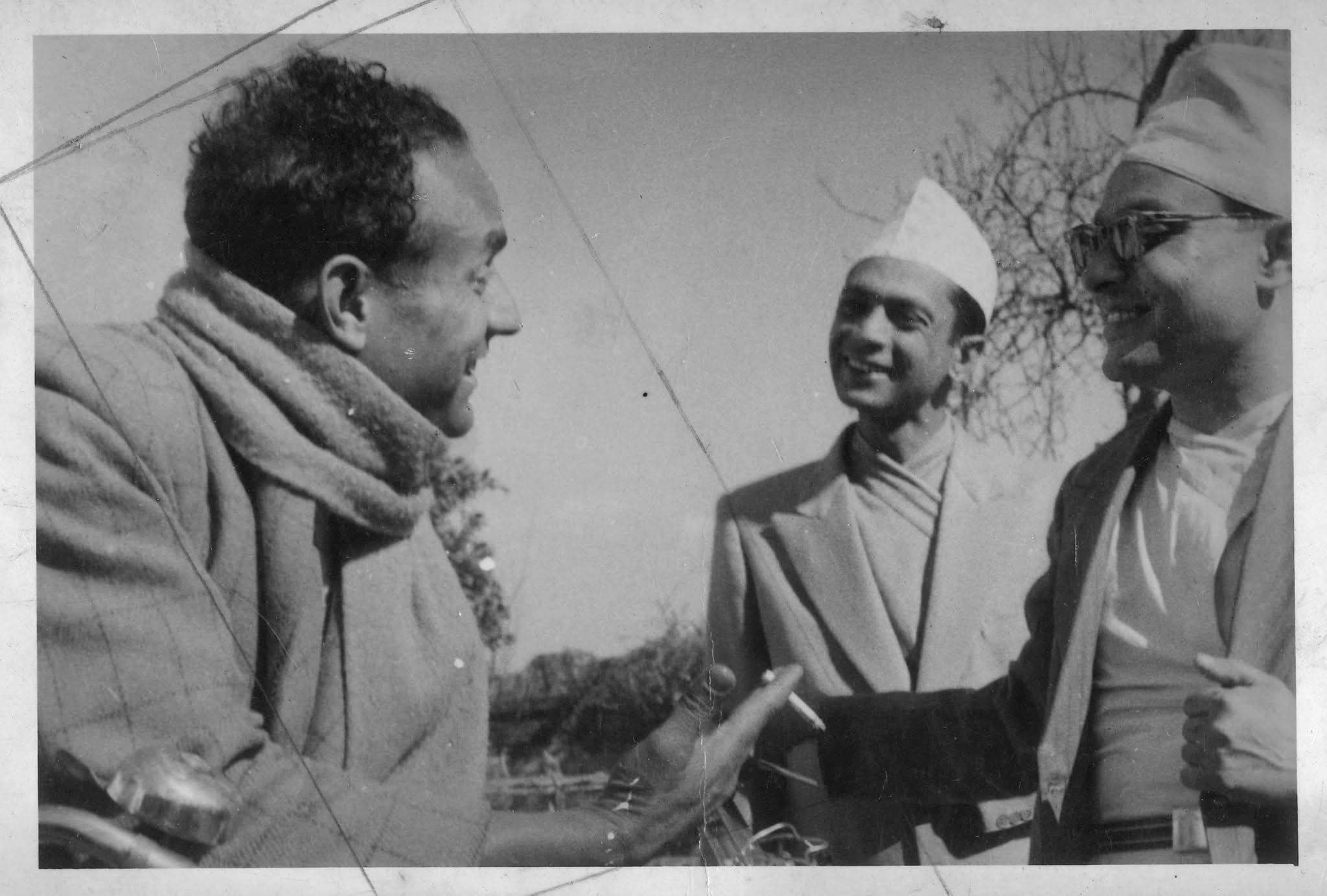

KATHMANDU: My family has an old connection with the family of the Great Poet Laxmi Prasad Devkota. The Great Poet’s elder brother Lekhnath and my father Birendra Singh Khatri were close friends. That’s why the fathers used to gather at Lekhnath’s house in Dhobidhara to play dice.
I started going to the Great Poet’s house since I was in school. That’s why I also had a good relationship with other family members. Even though they were my father’s friends, I used to address them as Dai (elder brother).
Lekhnath Dai was the eldest in the family. After him was Durganath. The Great Poet was the middle one (the third son). His older sister Lokpriya Joshi was also a writer. She was one of the few women writers of that time. Many of her articles and compositions were published in Gorkhapatra.
I was very young. But they used to address me as Kaji. Perhaps because my father was a Subba (non-gazetted officer). My father had also graduated from Kolkata during the Rana period.
I don’t remember much about when I was small. But, I used to go into their room when I reached their house while playing. Dillibazar was very famous for three things at that time. First, politics. Most of the conscious class of Nepal lived around Dillibazar. Second, literature. Stalwart writers like Laxmi Prasad were here. Third, sports. A well-known club like Mahabir was right here.
Apart from this, Dillibazar was also very famous for another thing – Laptan’s Hotel. Laxmi Prasad was often engrossed in literary discussions here. I had heard that even King Mahendra sometimes came there in disguise to listen to the conversations.
Khada Kaji’s Hotel was also around this Dillibazar area. Near Padmakanya School. His younger brother, Chester, was my friend. We nicknamed him Chester because of his large chest.
Laxmi Prasad and other scholars also gathered at Khadka Kaji’s Hotel. We used to go to listen to their conversations. Wow, what kinds of things they would talk about. It wouldn’t even enter our minds. They would dive into intense discussions, exploring all the information about the country and abroad. It was great fun to listen to.
Many scholars, including Bhimnidhi Tiwari and Balkrishna Sama, used to gather for literary discussions. At that time, there were no people who wouldn’t drink three or four cups of tea. Some people would pay and leave. The bill for all those who didn’t pay would go into the Great Poet’s account. It was his habit to pay a lump sum when he got money. Otherwise, it was on credit.
Once, his debt reached 45 rupees. Perhaps he had forgotten, one day Chester said in front of me, “Sir, a little bit is left.”
Seeing me there as well, perhaps he felt uncomfortable. He said, “I’ll pay later.” I also scolded Chester – asking why he was demanding it. He said, “What to do, man, there’s investment in the shop.”
After becoming the Education Minister in 1957, the Great Poet paid off that debt with his first month’s salary. I have heard many people call him poor. But, I don’t believe that. He was a man with a big heart. How much would he eat for himself anyway!
I used to meet him often in Dillibazar. But it would end with the formality of a Namaskar (greeting). Once, I went to Dillibazar Pipalbot to mend a puncture on my bicycle. There was a tire shop owner named Kumar there. A little later, he also suddenly arrived. I gave him my turn. While mending the puncture, he finished two cigarettes. I was just watching him. He asked, “Kaji didn’t study Science, did you?” I was surprised. He was a person who never asked like this. I said, “Yes.”
Just then, Kumar turned the wheel of the bicycle whose tire he had mended, first backward and then forward. The Great Poet was observing that deeply.
He asked me again, “Now tell me, Kaji, what happens if the Earth rotates anticlockwise?” I was stunned. Where should I get the answer to this?
Initially, I thought he smoked a lot of cigarettes. Later, I realized that he thinks deeply even while smoking a cigarette. I have not been able to find the answer to the question he asked that day, even now, at the age of 90.
(Based on a conversation between KC and Nabin Aryal.)